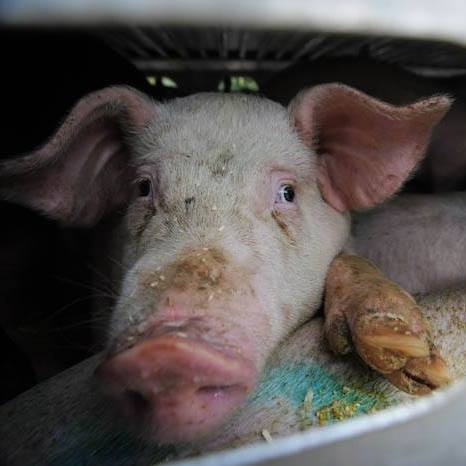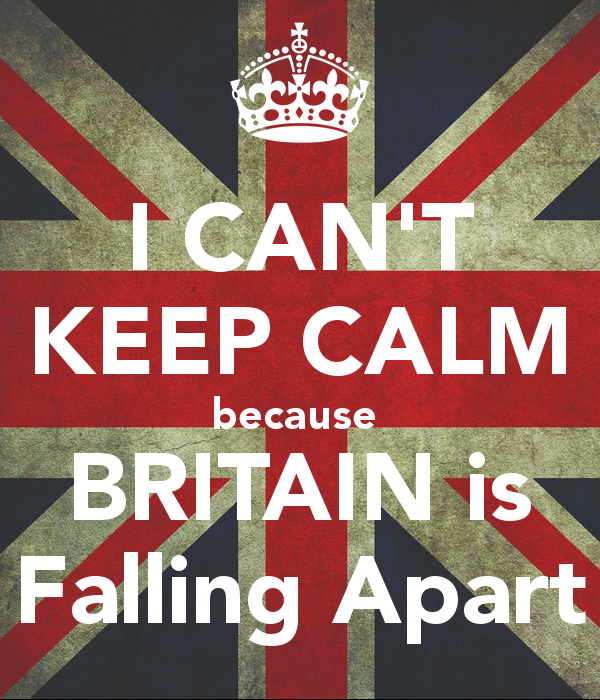Biological organisms are living beings. Some (not all) living beings (probably not plants, nor microbes, nor animals with no nervous system) are also sentient beings. That means they are not just alive, surviving and reproducing; they also feel.
And with feeling comes the capacity to be hurt: chairs & tables, glaciers & shorelines, and (probably) plants & microbes can be damaged, but they cannot be hurt. Only sentient beings can be hurt — because it feels like something to be hurt.
And with feeling comes the capacity to be hurt: chairs & tables, glaciers & shorelines, and (probably) plants & microbes can be damaged, but they cannot be hurt. Only sentient beings can be hurt — because it feels like something to be hurt.
Most organisms are heterotrophic, meaning that they have to consume other organisms in order to survive. (The exceptions are autotrophs like green plants, algae and photosynthetic bacteria.)
This means that nature is full of conflicts of vital (life-or-death) interests: predator vs. prey. If the prey is sentient (i.e., not a plant), this means that the predator has to harm the prey in order to survive (by killing and eating it) — and the prey has to harm the predator to survive (by fighting back or escaping, depriving it of food).
There is no point trying to make conflicts of vital interest into a moral issue. They are a biological reality — a matter of biological necessity, a biological imperative — for heterotrophic organisms. And there is no right or wrong or choice about it: The survival of one means the non-survival of the other, as a matter of necessity.
But now comes the unique case of the human species, which is sentient and also, like all heterotrophic species, a predator. Its prey are plants (almost certainly insentient) and animals (almost certainly sentient). But unlike obligate carnivores (like the felids), humans also have a choice. They can survive, in full health, as either carnivores or herbivores, or both. We are facultative omnivores.
The primates probably evolved from earlier herbivore/insectivore species, but there is no doubt that most primates, including the great apes, are also able to eat small mammals, and sometimes do, but, unlike us, they can’t live on (almost) nothing bu meat alone. Our own species’ evolutionary history diverged from this mostly herbivore origin; we became systematic meat hunters; and there is no doubt that that conferred an adaptive advantage on our species, not just in getting enough food to survive but also in evolving some of the cognitive traits and the large brain that are unique to our species.
Far fewer of our ancestors would have survived if we had not adapted to hunting. They did it out of necessity; a biological imperative — just as it is hypothesized that it was under pressure of a biological imperative that our ancestors evolved a “sweet tooth,” a predilection for sugar, which was rare in our ancestral savannah environment, making it important to consume as much sugar as we could when we could get it, because we had many predators and needed the energy to escape. By the same token, our predilection for aggression and violence, toward other species as well as our own, had been adaptive in our ancestral environment.
But in our current environment many of these ancestral predilections are no longer necessary, and indeed some of them have become (mildly) maladaptive : Our predilection for sugar, now abundant (whereas predators are almost nonexistent), when unchecked, has become an important cause of caries, hyperactivity, obesity and diabetes (but not maladaptive enough to kill or prevent enough of us from reproducing to eliminate those genes from our gene pool). Our predilection for aggression and violence, when unchecked, is leading to ever more deadly forms of warfare and devastation (but not deadly enough, yet).
And in the same way, our unchecked taste for animal protein has led to industrial production of livestock, water depletion, air pollution, climate change, antibiotic overuse (creating superbugs), and a variety of human ailments. But the point is that we have retained our hominid capacity to survive, in full health, without animal protein. We are, and always have been, facultative omnivores — with two metabolic modes herbivore and omnivore — that could adapt to different environments.
So far, I’ve only mentioned the negative consequences of animal protein consumption for us along with the positive consequences of not consuming animal protein, for us.
But let me suggest that we should not minimize the moral/bioethical aspect. Even if, setting aside the climatic aspects, the direct health benefits of our no longer eating meat are, for us, only mild to moderate, the harm and hurt of our continuing to eat meat are, for our sentient victims, monstrous.
And it should not be left unsaid that the clinical hallmark of a psychopath is the fact that if they want to get something, psychopaths are unmoved if getting it hurts others, even when what they want to get is not a vital necessity. That is why it is so important that people be fully informed of the fact that meat eating is not necessary for human health and causes untold suffering to other sentient beings. Because most people are not, and do not want to be, psychopaths.


